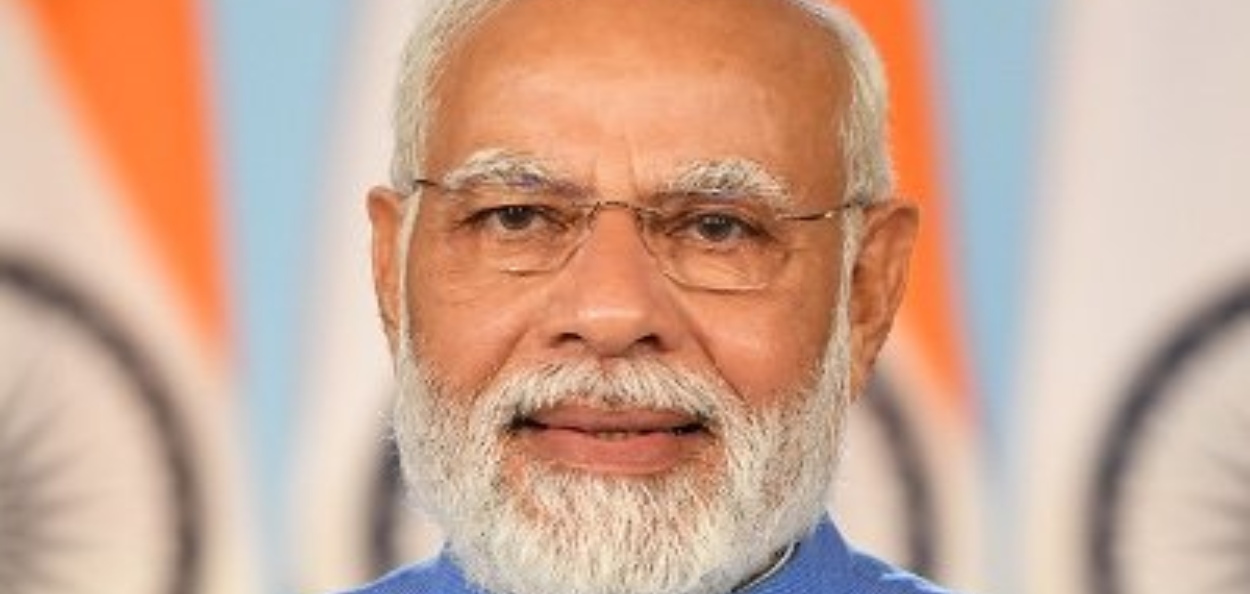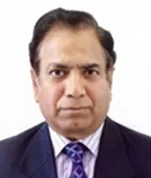
 J K Tripathi/
J K Tripathi/
The last week saw a new controversy in form of the release of part one of the two-part BBC documentary “India: the Modi Question” which was enough to further heat up the already charged political landscape of India. The documentary reportedly deals with the rise of Prime Minister Narendra Modi initially as the Chief Minister of Gujarat in the year 2000 and the communal riots thereafter. The BBC claims the documentary was based on extensive research and it reportedly tried to find a connection between Modi and the riots.
Reacting swiftly to the release, The Government of India banned the airing of the film on YouTube, Twitter, and other social media platforms under the provisions of the Information Technology Act, 2021. The political parties in the opposition smell an opportunity to corner the Government ruled by the BJP by calling it a gag order of a tyrannic government. The government contended that the documentary was “a propaganda piece designed to push a particular discredited narrative” and that “the bias, the lack of objectivity and frankly, a continuing colonial mindset is blatantly visible”.
But before we discuss the veracity (or the lack of it) of the claims made in the movie, we must go back to its origin. It is believed that sometime in the last decade, some Indian organizations, living in the UK and having political affiliations in India, approached the British Government complaining that the 2002 riots had “the signs of ethnic cleansing” and pointed towards the “torture of Muslim minority in India by the Modi Government” based on which thee then Government prepared a report on the issue.
Later, BBC supposedly got a copy of the report and made a documentary on it.
BBC doesn’t seem to have verified the facts before making the disputed documentary. For example, it says that the former M.P. Ehsan Jafri called Modi for help during the riots but the latter did not act. However, there is no record of any such call in the report placed before the court by the SIT which was constituted
by the court for the purpose. Moreover, once the Supreme Court of India had exonerated PM Modi and the case was closed, there was no justification for raking up the issue again. Even if the producers decided to go ahead with the documentary, it should have mentioned this fact but it did not, thus giving rise to the suspicion that the film is guilty of selectivity and bias. In an open letter written by 302 eminent Indian personalities including former judges, senior bureaucrats, former ambassadors, and veterans, the documentary has been termed as an “anti -India garbage dyed in the wool negativity and unrelenting prejudice”.
Moreover, it is to be noted that even back home, there are charges against the BBC chairman Richard Shark that he secured a guarantee for a loan of up to British pounds 8,00,000for former British PMBoris Johnson weeks before he was recommended by the latter for the job of the broadcaster. As per British custom, the chairman of BBC is appointed by the monarch on the recommendation of the prime Minister. Shark did not disclose his role in securing the loan for the then PM at the time of the interview for the job thus compromising the standards of integrity. Secondly, the timing of this documentary is also questionable. It has been released at a time when India’s international stature is on a steady rise, thus it might be a planned attempt to discredit India. It also might have aimed to influence voters in the impending general elections in some states
There indeed have been cases in the past where BBC was found lacking in objective reporting which further substantiate that BBC reporting should not be followed blindly and facts should be thoroughly verified before it is permitted to hit the social media and OTT platforms.
However, the current British Government has distanced itself from the documentary as is clear from the statement given by the British PM Rishi Sunak when he asserted that he "didn't agree with the characterization" of his Indian counterpart. Lord Karan Bilimoria, a PIO member of the House of Lords, has vehemently criticized the documentary and asserted that “The UK must be the closest and trusted friend of India which is now at the top table of the world”. The spokesman of the State Department of the USA, Ned Price said"When we have concerns about actions that are taken in India, we've voiced those. We've had to do that. But we want first and foremost to reinforce those values that are at the heart of our relationship”.
Coming to various political parties, their reactions were on the predicted lines. While some Congress leaders have jumped into the arena against the Government, their top leadership has been playing cautiously. However, some opposition leaders seem to have based their criticism on mistaken concepts or incomplete information which proves that most of the criticism is for the sake of criticism. For example, one leader, accusing the Government of bias, dares it to ban/censor the upcoming film “Gandhi Aur Godse: Ek Yuddh” by Rajkumar Santoshi (to be released on 26th January) though he has not seen its preview or even read the play by Dr. Asghar Wajahat on which the film is based. As I have seen the play and discussed it with Dr. Wajahat (who has also written the film’s dialogues), there is nothing objectionable in the movie. This amply depicts how many of the opposition leaders usually blurt out criticism without first verifying facts or watching the debatable movie.
What could be the possible effects of the ban on the documentary? The government too seems to have acted a little in haste in banning it. With the republic day celebrations and Parliament’s budget session around the corner, this ripple in the political pond would have died its natural death due to loss of attention. However, even now, the matter will be the talk of the town for a while and allow the political parties to flex their muscles before it fades into oblivion.
